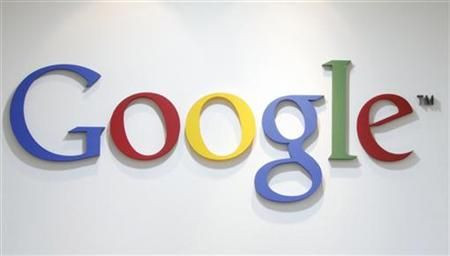Google Buys Facial Recognition Software Developer PittPatt

Google has acquired Pittsburgh Pattern Recognition (Pittpatt), a company that has developed facial recognition technology, months after it backed off from rolling out a face recognition smartphone app called Google Goggles in its bid to outsmart Apple and Facebook.
Google has not revealed the details of the deal, but PittPatt said on its website the company was happy to announce that Pittsburgh Pattern Recognition has been acquired by Google!
At Google, computer vision technology is already at the core of many existing products (such as Image Search, YouTube, Picasa, and Goggles), so it's a natural fit to join Google and bring the benefits of our research and technology to a wider audience, PittPatt said.
Oakland-based PittPatt is the offspring of research at Carnegie Mellon University's Robotics Institute in the 1990s, and develops facial-recognition technology for images and video.
Google, which withdrew a plan to roll out a smartphone app for face recognition over privacy concerns, has not elaborated as to how the new acquisition will play a part in the immediate future. However, a spokesman said PittPatt's research represents an innovative edge in computer vision technology and that this will help Google users in various ways.
“We’ve said that we won’t add face recognition to our apps or product features unless we have strong privacy protections in place, and that’s still the case,” the spokesman said.
PittPatt has said its technology can be used in assessing the effectiveness of digital signage, advertising, kiosks and narrow casting as well as offering insight into customer behavior and shopping patterns. The PittPatt software counts the number of people viewed by a video camera and automatically generates reports measuring the presence and movement of people over extended periods of time.
Google has made it clear it will not enter the facial recognition search system, despite rival Facebook launching a face recognition technology that helps users tag photos. According to Google Chairman Eric Schmidt, the surprising accuracy of facial recognition software is matter of concern in terms of privacy rights. Google took this stance after developing a facial recognition app for smartphones. “People could use this stuff in a very, very bad way as well as in a good way,” Schmidt had said.
Before Google withdrew from its Goggles project, Apple had acquired facial recognition software maker Polar Rose Face, a Swedish start-up in a bid to pre-empt Google. The company's FaceCloud server platform would allow social networks and vendors to add facial recognition feature to any website while its FaceLib mobile face recognition library was specifically made for Android and iPhone platforms.
Though Google chickened out and backed off from unleashing face recognition search system, Facebook unveiled in June a technology to automatically identify people in photos. As of the first week of June, the new feature was automatically enabled to Facebook users in most countries.
The Google Goggles would have enabled a user to snap pictures of people's faces and use them for accessing personal information. It would also have had other uses like snapping a picture of a street and run a search to find out related details like location or traffic guidance.
© Copyright IBTimes 2025. All rights reserved.




















